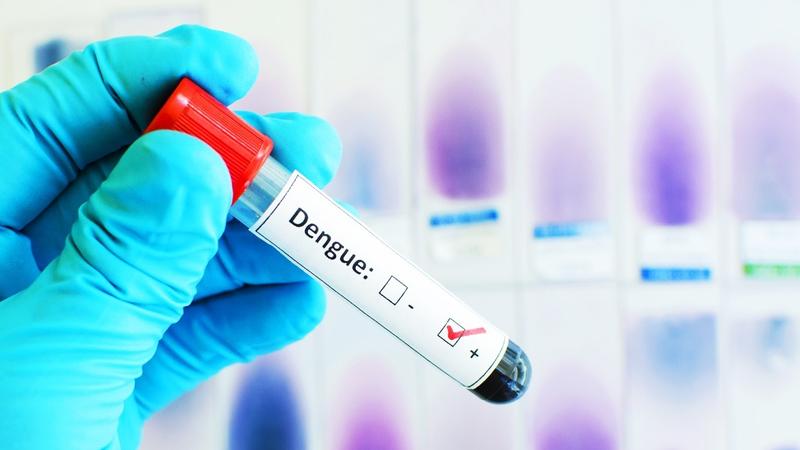Published 20:38 IST, June 29th 2024
Dengue Cases On the Rise: Symptoms, How To Detect & Treatment
Bengaluru is grappling with a wave of rising dengue cases, an arboviral disease, that spreads from an infected Aedees Ageytpi mosquito to human beings.

Dengue cases in Bangalore | Image:
Shutterstock/Representative
- Listen to this article
- 2 min read
Advertisement
20:38 IST, June 29th 2024



